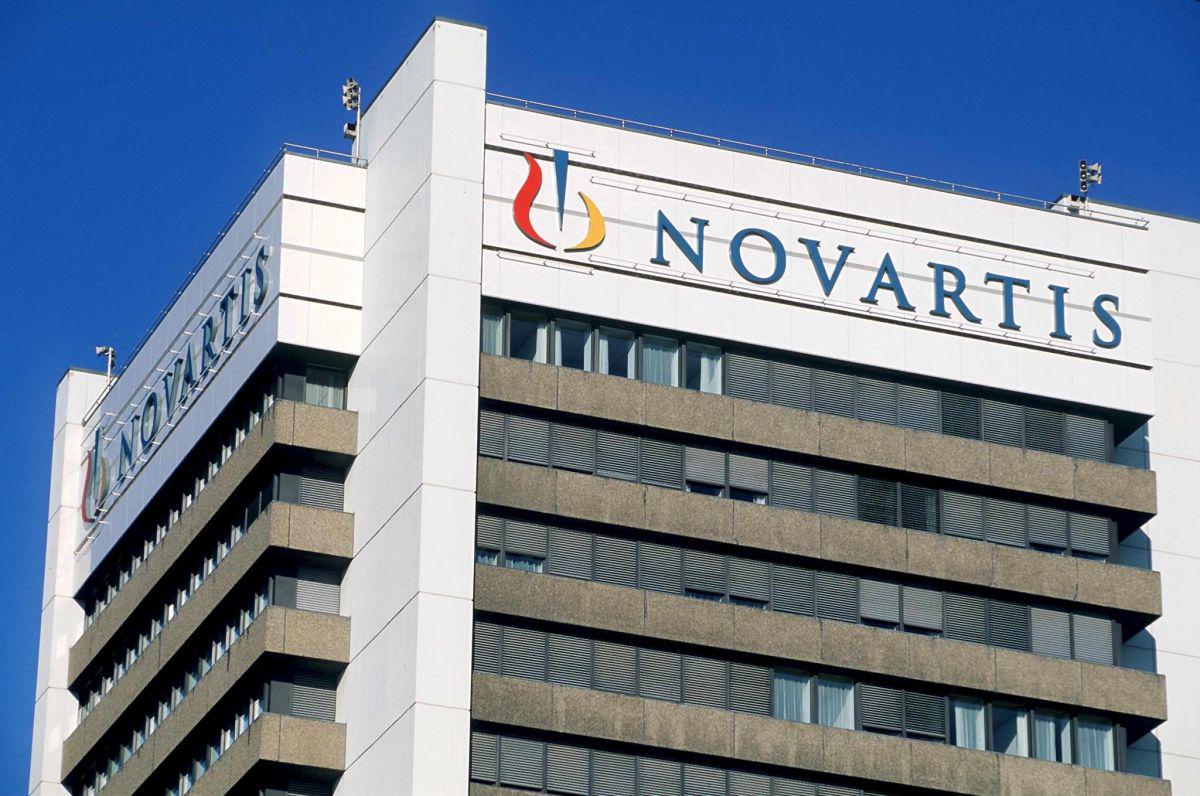
"The global crisis has stressed the importance of making changes to the business environment towards more responsible management and sustainable development. The Slovenian government should be aware of this and should encourage such business practices. It’s wrong to expect that without clean economic export and a successful fight against corruption in international business transactions, Slovenia will be able to attract foreign investment needed for restarting economic growth, which the government is striving to achieve."
The report mentions the case of local and international bribery in the pharmaceutical company Novartis, a part of which is Lek, a company located in Slovenia, which is still being investigated.Slovenia practically does nothing to combat foreign bribery, highlights a report by Transparency International (IT), a non-governmental organization focusing on corruption.
In Transparency International's report titled Exporting Corruption. Progress Report 2013: Assessing Enforcement of the OECD Convention on Combating Foreign Bribery, Slovenia finds itself at the bottom of the list in terms of the implementation of the OECD Convention on Combating Bribery of Foreign Public Officials in International Business Transactions.
The report classifies 37 member countries of the Organization for Economic Cooperation and Development (OECD) into four categories, according to the degree of enforcement: active, moderate, limited, or no enforcement. Slovenia has landed in the latter category for the fifth year in a row, which indicates an extremely unsuccessful enforcement and implementation of the anti-bribery convention.
"Given the importance of the export of goods and technologies for Slovenian economy, one would expect the Slovenian government to do more in combating corruptive practices and encouraging clean international business transactions. Slovenian economic reality has shown that business practices in Slovenia are often a distorted version of good business practices that should have been followed both in Slovenia and abroad,” warns Vid Doria, the secretary general of Društvo Integriteta - Transparency International Slovenia.
"The global crisis has stressed the importance of making changes to the business environment towards more responsible management and sustainable development. The Slovenian government should be aware of this and should encourage such business practices. It’s wrong to expect that without clean economic export and a successful fight against corruption in international business transactions, Slovenia will be able to attract foreign investment needed for restarting economic growth, which the government is striving to achieve," adds Doria.
No new cases of bribery
The report mentions that Slovenia reported no new cases or investigations related to corruptive practices in international business transactions. The case of local and international bribery in the pharmaceutical company Novartis, a part of which is Lek, a company located in Slovenia, remains open, however.
Slovenian prosecutors have focused on investigating the Slovenia-related business practices in this case, and informed Croatian and Serbian prosecutors about alleged international bribery practices.
The report points out that Slovenia provides poor access to information related to cases and investigations of international bribery, which makes it impossible to get the insight needed for evaluating the implementation of the convention.
Transparency International suggests Slovenia to invest greater funds into training investigators, prosecutors and judges, which would lead to a more successful prosecution of criminal acts.
On the other hand, the transfer of the State Prosecution Office back to the Ministry of Law and Justice earned Slovenia a positive mark, together with the passed amendments to the penal code which expanded the definition of the criminal act to active and passive international bribery, and implemented a comprehensive system of corporate criminal responsibility.
"The global crisis has stressed the importance of making changes to the business environment towards more responsible management and sustainable development. The Slovenian government should be aware of this and should encourage such business practices. It’s wrong to expect that without clean economic export and a successful fight against corruption in international business transactions, Slovenia will be able to attract foreign investment needed for restarting economic growth, which the government is striving to achieve."

































































